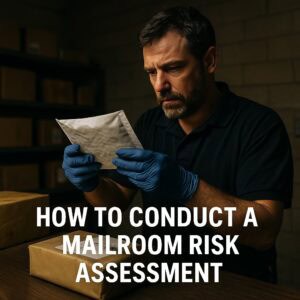According to the BBC, militants are believed to have set off a vehicle-borne improvised explosive device (VBIED) before making entry into the offices of Counterpoint International in Kabul, Afghanistan.
The incident ultimately resulted in a standoff with Afghan security forces which led to all the attackers being killed during the security force’s response.
The Counterpoint International website states the following:
“Counterpart International’s office in Kabul was attacked at 1140 local time today by suspected suicide bombers in a series of explosions. The Taliban claimed responsibility for the attack. We are in close contact with our security team on the ground to account for our staff.
We are incredibly saddened by this attack and are working as quickly as possible to account for our staff. Their safety and security is our primary concern.
Counterpart International runs a civil society engagement program in Afghanistan to encourage peace, increase youth participation, strengthen rights, and improve opportunities for women. We have worked in Afghanistan for more than 12 years. This attack is the first of its kind in our long history there.“
Security while abroad, regardless of the basis of travel, is something that should always be addressed.
Threats may not be centered or local to the area you are in; however, proximity and access by entities outside of specific areas should be considered.
Like anything else, horrible events ebb and flow and are extremely hard to predict. Pre-deployment or pre-travel security training can be an integral part of mitigating these types of incidents.






